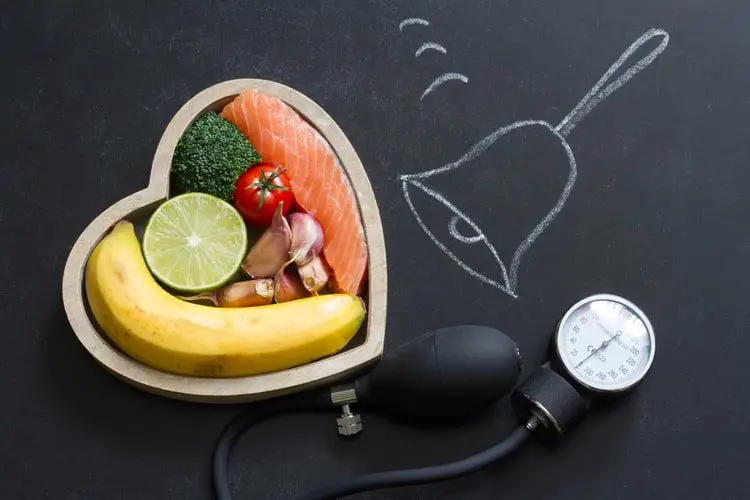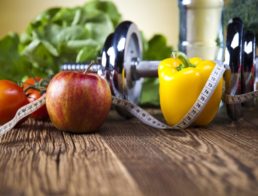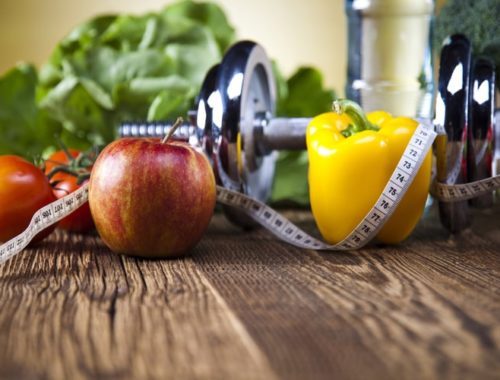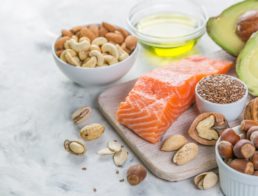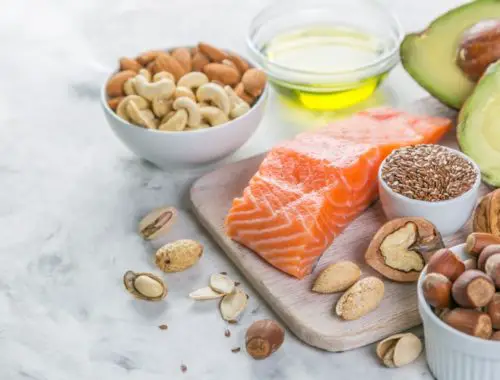In conventional Western medicine, high blood pressure is typically lowered with medication. While this is certainly called for at times, there are many diet and lifestyle supports you might consider first before turning to meds, and the often unpleasant side effects that come with them.
High blood pressure-also referred to as hypertension-is definitely cause for concern. It can increase your risk of heart failure, heart attack, kidney failure, diabetes and more. Shockingly, 60% of the US population has either hypertension or pre-hypertension, and women are more likely than men to have high blood pressure after the age of 65.
Instead of turning to medication immediately, it’s important to first consider the underlying causes of high blood pressure, and how to lower it naturally.
The following ten strategies to lower high blood pressure can be just as if not more effective than medications for many people.
Lower Your Stress
Needless to say, we live in an unnaturally fast-paced society, and daily stress is a given for most people. The human body is designed to effectively deal with acute stress, for example short term events like running from a tiger or hunting prey. The chronic, ongoing stress of modern-day living is what can become problematic, and one common consequence is high blood pressure.
Stress reduction is easier said than done, but if your blood pressure is high and you want to avoid medications, it’s necessary. Take a look at which stressors in your life are within your control, and start by making small changes. Maybe it’s setting aside 10 minutes in the morning and evening for meditation or yoga. Maybe it’s planning a date with your friends once a month or once a week. Maybe it’s simply the practice of starting a daily gratitude journal.
There is no “right” answer when it comes to how to lower stress, it depends on what resonates with you. I love using and recommending certain essential oils (like lavender added to a bath) for self-care and stress relief, and DoTerra is an excellent, reputable brand.
Consider Micronutrient Deficiencies
Believe it or not, certain micronutrient deficiencies can contribute to high blood pressure. Especially vitamin D, vitamin C, biotin, B1, choline, magnesium and CoQ10 deficiencies should be considered. If you suspect a nutrient deficiency or have a diet history of processed foods without many fruits and vegetables, you can work with a Naturopathic Doctor, Functional Nutritionist or Functional Medicine Doctor to test your levels.
Also keep in mind that your potassium to sodium ratio needs to be in balance. If you have low potassium from dietary sources and too much sodium, this can lead to hypertension.
Find Your Exercise Sweet Spot
I like to think of exercise like the Goldilocks principle: not too much and not too little. The right type and amount of exercise depends on the individual, but studies definitely show that physical activity is important for healthy blood pressure. If you’re currently sedentary, shoot for the CDC recommended 150 minutes per week of moderate exercise.
Rule Out Heavy Metal Toxicity
Another lesser known possible factor contributing to high blood pressure is heavy metal toxicity. Especially if all other diet and lifestyle changes have been made but with no success, you might check levels of heavy metals, particularly mercury and cadmium, according to studies.
Detoxing from heavy metals should always be done with a doctor, but increasing demand has some comprehensive heavy metal panels available nowadays that are both affordable and easily purchased online.
Check Your Thyroid
Thyroid conditions such as Hashimotos autoimmune hypothyroid can be an underlying reason for high blood pressure. Be sure you work with a knowledgeable provider to keep levels in normal ranges. Thyroid testing and support can be very tricky, and if you’re seeking information I highly recommend Dr. Datis Kharrazian’s book Why Do I Still Have Thyroid Symptoms When My Lab Tests are Normal.
Quell Systemic Inflammation
Studies show that high levels of systemic (internal) inflammation can lead to hypertension. Similarly to the body’s stress response, inflammation is also normal and necessary when it is in response to an injury or other acute event. However, chronic inflammation that can’t be seen (unlike redness if you cut your arm, for example) is what spells trouble.
This sort of inflammation can be caused by numerous factors such as a diet high in unhealthy, inflammatory foods, lack of plant foods, high stress, a sedentary lifestyle, leaky gut and more. Thankfully, many of the diet and lifestyle changes discussed in this article will also work to lower systemic inflammation.
Balance Blood Sugar with a Healthy Diet
A very high percentage of people with diabetes (both type 1 and type II, but especially type II) also have high blood pressure. This is thought to be due to several physiological factors, and more recent studies suggest that sugar has a greater impact on blood pressure than the previously suspected culprit of salt.
To balance blood sugar with a healthy diet, omit white and other refined sugar and processed carbs like breads, cookies and cakes. Focus the majority of your diet on fiber-rich vegetables, fruits, high quality protein like fish, poultry, moderate red meat (grass fed whenever possible), eggs and plant sources. Get enough good fats like olives and olive oil, coconut oil, avocados, nuts and seeds, along with moderate amounts of whole grains and legumes.
There is no “perfect” diet given that every individual can have varying needs, but a diet consisting of whole foods will benefit everyone’s overall health and blood pressure.
Lose Excess Weight
It’s already a more well known fact that blood pressure tends to increase as weight increases. The most worrisome type of fat that is even more likely to contribute to high blood pressure and other diseases is visceral fat, which is the fat that accumulates around the midsection. This is a more bioactive form of fat that is highly inflammatory.
For more information on visceral fat, check out this article on how to get a tight tummy, and simultaneously lower high blood pressure.
Cut Back on Alcohol and Caffeine
This might not be what you want to hear, but research solidly shows that both excess alcohol and caffeine can be leading causes of high blood pressure. Alcohol in moderation is probably ok for most, meaning one drink per day for women and two for men, but anything more can be problematic. Stick to less sugary alcohols like wine or clear liquors as opposed to beer and sugary cocktails.
Caffeine can raise blood pressure especially if you are going through a time of high stress, or are particularly sensitive to the effects of caffeine. If you feel like caffeine is making you extra jittery and uncomfortable, it’s likely to be negatively impacting blood pressure over time. Tune in and pay close attention to your body’s signals.
Quit Smoking
Last but certainly not least, studies show that cigarettes will most definitely increase blood pressure. It’s never too late to quit, and leaving a cigarette habit behind might even increase your lifespan.
If you have high blood pressure or a family history of hypertension, or are just wanting to be the healthiest version of yourself, adopt some or all of these diet and lifestyle strategies. For some people, medications to reduce blood pressure might become necessary, but these tips are well worth a shot for lowering blood pressure and better overall health and vitality.
